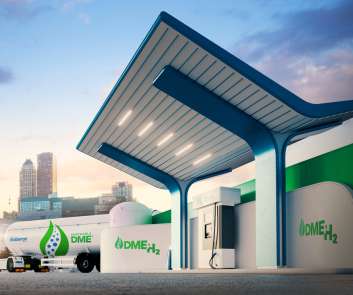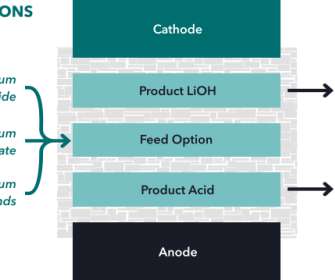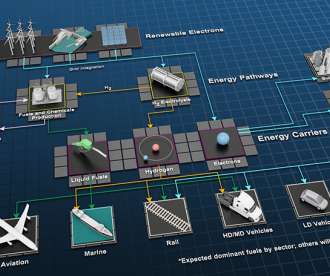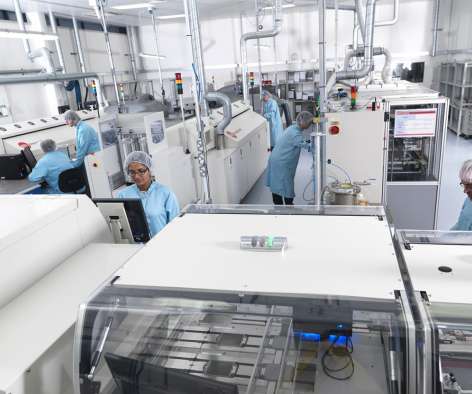Gevo develops process for low-cost renewable isoprene; building block for rubber and rubber products
Green Car Congress
FEBRUARY 3, 2019
has developed a proprietary catalytic process that transforms low-cost commercially available, or even waste by-product, renewable alcohols into renewable isoprene that would be expected to compete head-to-head on price with natural and petroleum-based chemical equivalents while reducing CO 2 emissions.






































Let's personalize your content